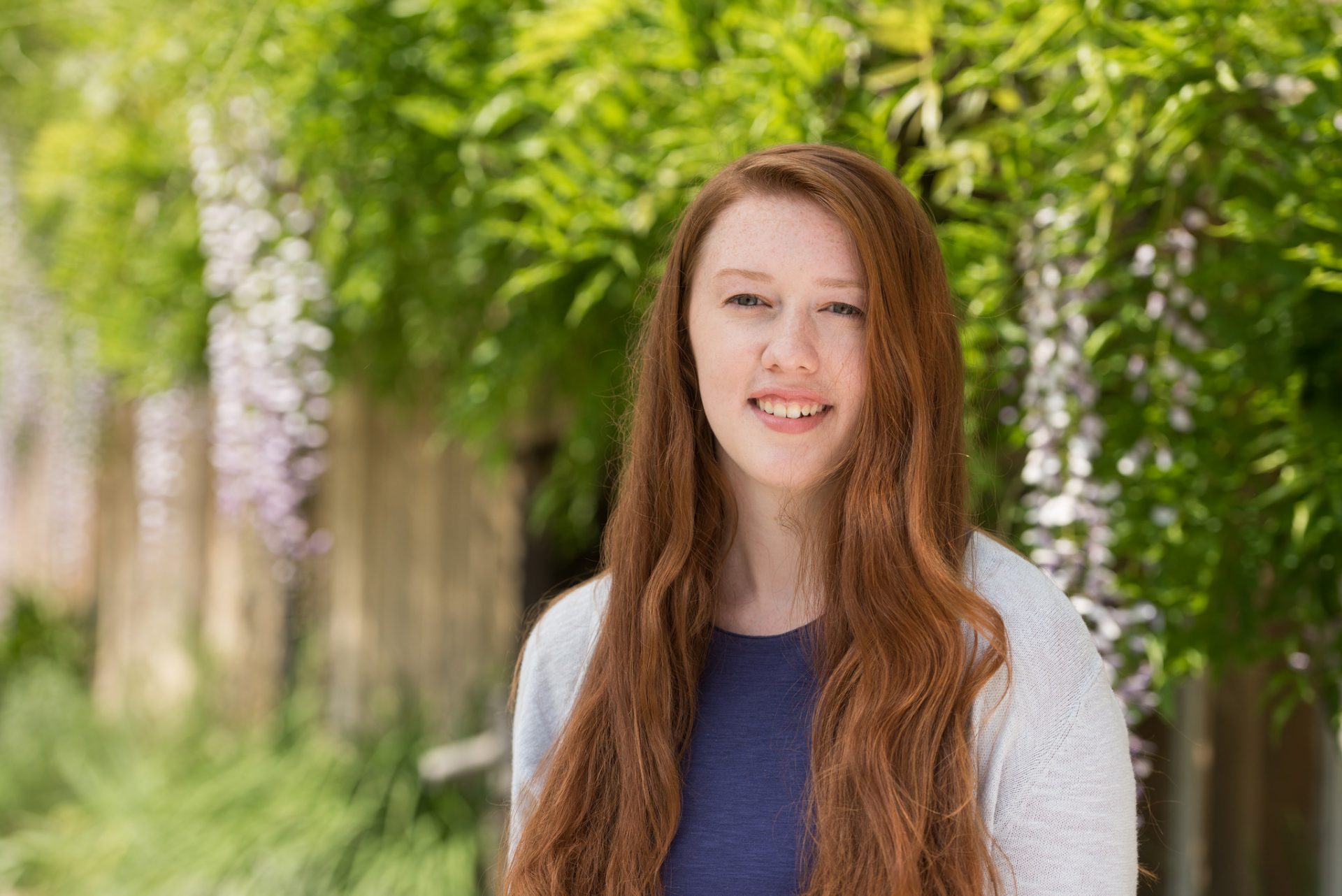Psychology
visiting students
Experimental Psychology at Oxford has been ranked second worldwide in the World in the annual QS world university rankings. The QS rankings highlight the world’s top universities in 42 subjects, based on academic reputation, employer reputation and research impact, and are aimed at prospective students to help them choose where to study.
Psychology at Oxford achieved outstanding results in the UK 2014 Research Excellence Framework (REF) assessment. Psychology was grouped with Psychiatry and Neuroscience for the REF assessment. Oxford University was rated highest in the UK in this subject grouping. Overall research profiles, research outputs, impact and environment were outstanding.
The Quality Assurance Agency (QAA) for Higher Education awarded a maximum score of 24 for teaching and learning quality in their most recent review of Psychology at Oxford University.
Visiting Student Options
The following options in Psychology are offered in the Visiting Student programme. Students would normally receive eight tutorials in an option for a major credit, and four tutorials in an option for a minor credit. It is possible to take both your major and minor in Psychology or to combine a major or a minor in Psychology with another subject.
The course includes the study of attention and the control of action: selective attention; visual search and scene perception; processing limitations. The second part of the course covers basic processes and varieties of human memory: memory retrieval and interference; recognition and recall; short- and long-term memory; working memory; sensory memory; priming; forgetting and impairment of memory. The course also includes psychology of language processes, speech perception and production, language and thought, and language pathologies, including aphasia. The final part covers problem solving and decision-making; deductive and inductive reasoning; heuristics, biases, and statistical reasoning; human rationality; the role of expertise in problem solving; relation between laboratory studies and ‘real world’ problem solving.
The experimental study of the phenomena and processes of sensation and perception, their theoretical interpretation, and the contributions of physiological evidence to our understanding of these processes. Principles of sensory coding and processing in vision, and interactions between the senses. Stimulus detection and psychophysics, psychophysical methods, scaling, categorization, adaptation, masking, and the limitations of capacity in all sensory modalities. Perceptual organization, categorization and information processing. The perception of colour, contrast, depth, motion, and optic flow. Perceptual adaptation; illusions; perception of pattern, form, space, objects, time. The perception of pitch, loudness, melody and auditory direction. Perceptual aspects of memory, attention, imagery, and language; the construction of the perceptual world, orientation and movement within it. Theories of perception. Computational approaches to the study of perception.
This course can either be taken as a single combined course, or split into only Individual Differences or only Clinical Psychology.
This course provides an introduction to the psychology of individual differences. Its main focus is on personality and intelligence through the multidimensional approach that integrates the biological, cognitive-experimental and social-cultural theories and empirical evidence to explain how and why people differ from each other. The course includes the discussion of psychometrics, validity and reliability, test design and construction, factor analysis method, and issues and challenges in the measurement of individual differences. Theories of personality and intelligence, evidence for individual differences in creativity, and the role of sex/gender in cognitive abilities are discussed.
The clinical psychology part of the course aims to cover a range of psychological disorders. Issues relating to the definition of abnormality and the classification of psychological disorders will be highlighted. A number of psychological disorders including anxiety disorders (panic, phobias, obsessive compulsive disorder), depression, schizophrenia, and eating disorders will be studied. Each will be considered in terms of (1) classification, (2) epidemiology, (3) theories of aetiology/maintenance, and (4) treatment approaches. Empirically derived theories, including the biological, cognitive, and behavioural will be considered. The way in which these have been used in the design of treatments will be outlined. Genetic, sex differences, high risk aspects, and the effects of social class, culture, and life events will be discussed.
The biological and cultural background to social behaviour, comparisons of animal and human social behaviour; cultural differences in behaviour and attitudes. Verbal and non-verbal expression and communication; conversation, self-presentation, and other aspects of social interaction; social influence, persuasion, and leadership; group performance and group decision-making; behaviour in organisations; inter-group relations. Social relationships, exchange processes, interpersonal attraction, aggression, helping and cooperation. Cognitive social psychology; perception, inference, attribution, and explanation; social representations, attitudes and beliefs.
Psychological development in humans; the biological and physiological, environmental and heredity influences which affect development; evidence from comparative studies. The neonate, the infant, the pre-school child, school children: changes during adolescence; adulthood and further stages of ageing. Sex differences. Developmental aspects of perceptual and cognitive processes: behavioural repertoire including exploration and play, language, motor skills and social skills, learning, training, and socialization; the development of intelligence and personality; developmental disorders and handicaps; computational models of development. Observational, experimental, and psychometric methods; theoretical issues in developmental studies, including their mathematical treatment.
To view this information as a PDF, please click here.

"It's hard to believe that I am learning and living at one of the best universities in the world. As a visiting student here, I have grown both academically and outside of the classroom."
Tori: Visiting Student studying Politics & Psychology
Visiting Students
More information about becoming a Visiting Student at St Edmund Hall – including finance, accommodation and how to apply
Other Subjects
- Biochemistry
- Biomedical Sciences
- Chemistry
- Comparative Literature
- Computer Science
- Earth Sciences (Geology)
- Economics
- Engineering
- English Language and Literature
- Film Studies
- Finance
- French Language and Literature
- German
- History
- History of Art
- Law
- Management
- Materials Science
- Mathematics
- Philosophy
- Physics
- Politics and International Relations
- Psychology
- Russian